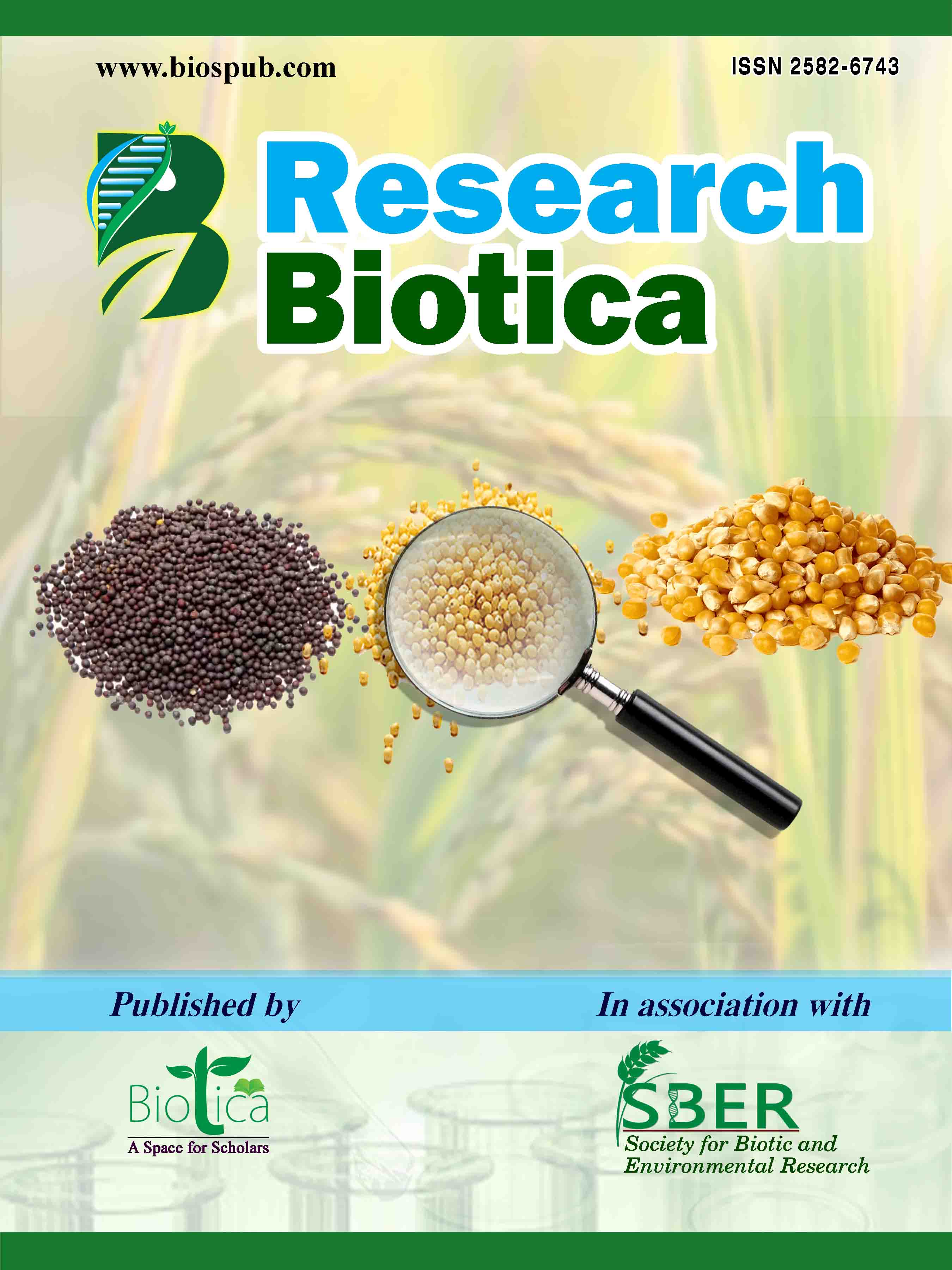Impact of Soil pH on Plant Nutrient Availability and Biological Processes
Keywords:
Biological activities, Neutral pH, Production systems, Soil managementAbstract
Soil pH, a highly variable chemical property of the soil is considered major factor governing rest of the soil physical, chemical and biological properties and biological activities. So, this article considers the impact of soil pH on the nutrient availability for plants in the soil and biological processes occurring in the soil. Nutrients like aluminium, iron, manganese are available more at acidic pH and lesser at basic pH while, calcium, magnesium, molybdenum have higher availability at higher pH and lower at lower pH. Near neutral pH (6.5-7.5) has the maximum amount of nutrients available and favours most biological processes along with better root growth of plants. This article concludes that pH being variable and highly important factor, attains prime importance in soil management for production systems and slightly acidic soil pH is favoured for most production systems.









 |
|